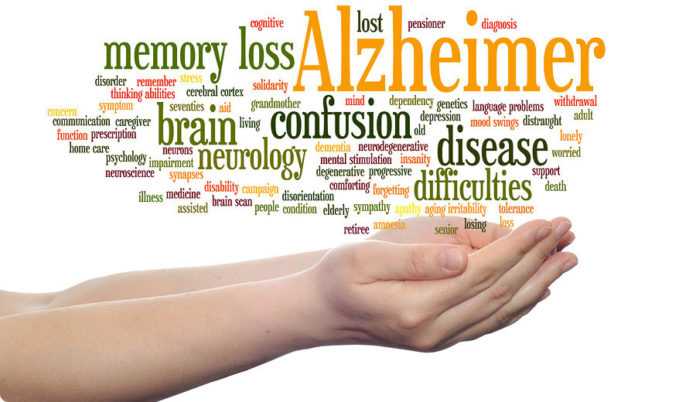Saturday (September 21): ‘September 21’ is worldwide observed as World Alzheimer’s Day. And since 2012, September is being observed as World Alzheimer’s Month to spread awareness about the disease.
According to the US-based Alzheimer’s Association, there are over 4 million people in India who suffer from some form of dementia.
The “World Alzheimer Report 2019: Attitudes towards Dementia”, was released by Alzheimer’s Disease International (ADI), it maps the attitudes of people towards the disease.
In 2015, there were approximately 29.8 million people worldwide with AD. It most often begins in people over 65 years of age, although 4–5% of cases are early-onset Alzheimer’s. It affects about 6% of people 65 years and older.
In 2015, dementia resulted in about 1.9 million deaths. It was first described by, and later named after, German psychiatrist and pathologist Alois Alzheimer in 1906. In developed countries, Alzeimer is one of the most financially costly diseases.
About Alzeimer:
Alzeimer is a chronic neurodegenerative disease that usually starts slowly and gradually worsens over time. It is the cause of 60–70% of cases of dementia.
The most common early symptom is difficulty in remembering recent events.
As the disease advances, symptoms can include problems with language, disorientation (including easily getting lost), mood swings, loss of motivation, not managing self-care, and behavioural issues.
As a person’s condition declines, they often withdraw from family and society. Gradually, bodily functions are lost, ultimately leading to death. Although the speed of progression can vary, the typical life expectancy following diagnosis is three to nine years.
Causes:
The cause of Alzheimer’s disease is poorly understood. About 70% of the risk is believed to be inherited from a person’s parents with many genes usually involved. Other risk factors include a history of head injuries, depression, and hypertension
Initial symptoms are often mistaken for normal ageing.
Medications:
Mental and physical exercise, and avoiding obesity may decrease the risk of AD; however, evidence to support these recommendations is weak.
There are no medications or supplements that have been shown to decrease risk. No treatments stop or reverse its progression, though some may temporarily improve symptoms.
Affected people increasingly rely on others for assistance, often placing a burden on the caregiver.
























































